Tesla and Rivian charging networks outperform third-party providers, survey shows
A new Consumer Reports survey shows electric vehicle owners face fewer issues with Tesla and Rivian charging stations compared to third-party networks, raising reliability concerns
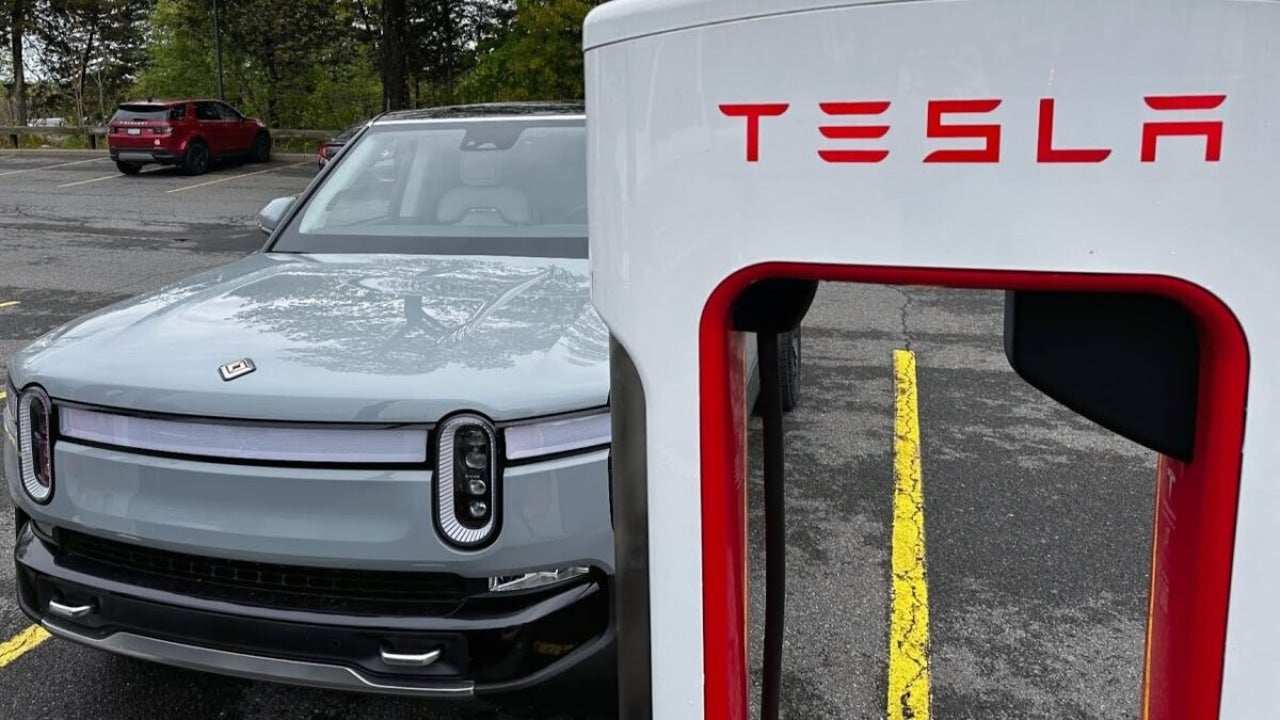
- March 26, 2025
- Updated: March 26, 2025 at 1:08 PM

A recent survey by Consumer Reports reveals that electric vehicle (EV) owners experience fewer problems at charging networks operated by Tesla and Rivian compared to third-party providers.
The survey, which assessed about 5,700 charging sessions from 1,230 EV and plug-in hybrid owners, indicated a 4% issue rate at Tesla charging stations and a 5% rate at Rivian stations.
In stark contrast, users reported problems 48% of the time at Shell Recharge stations, 43% at EVgo stations, and 41% at Blink stations, highlighting significant reliability concerns among non-automaker networks.
Tesla’s Supercharger network continues to maintain its edge in a competitive market
One of the most notable findings is that hardware-related issues constituted 36% of the problems encountered, with broken screens appearing as the predominant issue (76%).
Payment complications were a close second, with 23% of users reporting trouble completing transactions. Historically a significant point of frustration for EV drivers, payment issues have now shifted into the background as hardware failures take precedence.
Rivian’s introduction of a grading system for its charging experience may be contributing to its superior performance, while Tesla’s Supercharger network continues to maintain its edge in a competitive market. As automakers invest in expanding their charging infrastructure, like Rivian’s new features, consumer confidence seems to be shifting toward these branded networks.
Consumer Reports advises EV owners to create multiple accounts with saved payment information to streamline the charging process, as well as to follow best practices such as limiting fast charges to 80% and preconditioning the battery prior to charging stops.
Interestingly, survey participants have indicated a preference for faster charging in reasonable timeframes over absolute charge rates, which may continue to influence charging station design and functionality in the coming years.
With the rapid expansion of new networks like Ionna, the landscape of public EV charging is likely to evolve further. It remains to be seen how these shifts will affect consumer satisfaction in the long term.
Latest from Agencias
You may also like
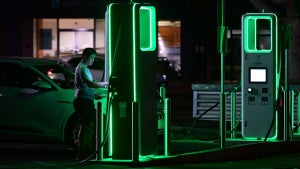
New Electric Vehicle Charging Stations Set to Revolutionize EV Experience
Read more
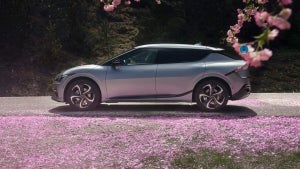
A Better Routeplanner: The Essential Tool For Kia EV6 Owners
Read more
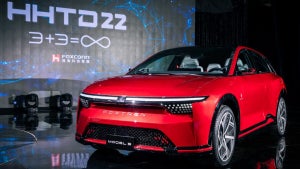
Model C and Model D: Foxconn’s Electric Vehicles Debuting by Late 2025
Read more
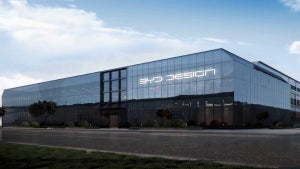
BYD Sets New Standards in Electric Vehicle Performance and Efficiency
Read more
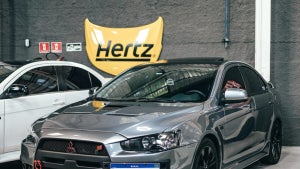
After the Hertz attack, what can we do to protect our data?
Read more
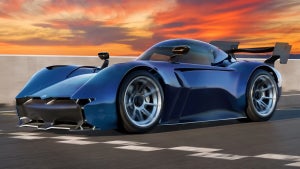
Electric Supercar Achieves 1,000 Horsepower and Double Downforce in Historic Test
Read more